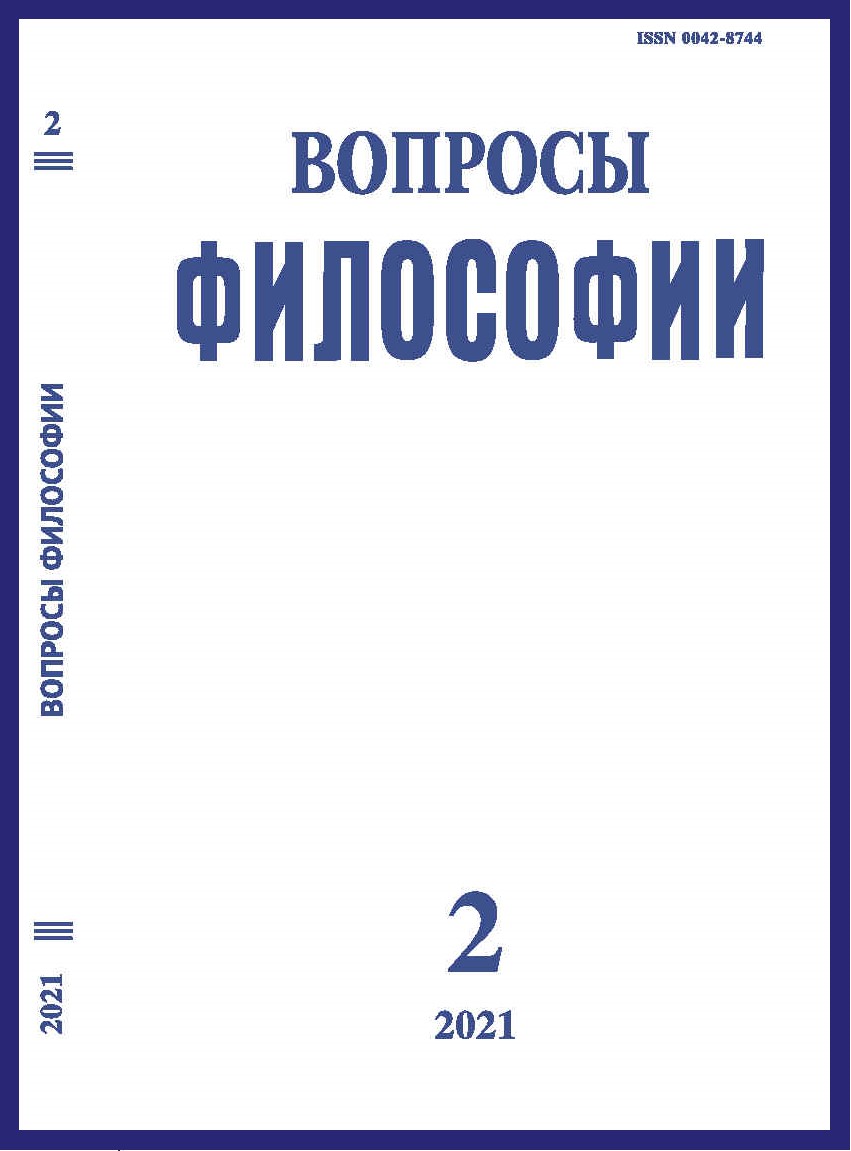Philosophical Component of Cultural Research
DOI:
https://doi.org/10.21146/0042-8744-2021-2-65-75Abstract
The article deals with the problems of modern Azerbaijani culture, its philosophical component and significance in understanding the development process. At the same time, this approach to the analysis of culture not only contributes to the clarification of the methodological aspects, the definition of the desired concept, but also allows us to understand the reasons for variability, comprehending the experience of interaction between different cultures. The specific approaches to these issues of the philosophers of Azerbaijan and some other countries are an example that allows one to identify some important methodological (cultural and historical) generalizations in the formation of Azerbaijani culture. It also reveals the process of changes in culture, its enrichment and the ability to respond to the challenges of the new. The author explains the cultural dependence of community on how the historical identity of this community and power relations change. Philosophy allows us to identify the reasons for change, dynamics in what is now perceived as a holistic culture. It is productive, as it turns out to be the key to understanding the processes of gradual development of cultures, knowledge and information about others. There are many philosophical studies about culture, but philosophy not only studies culture as a historical object, it is itself a part of it, and therefore it has the ability to influence it, being a set of educational attitudes on tolerance and morality. The author draws attention to the fact that today the importance of connections between Azerbaijani culture and ethics, education and upbringing is often underestimated.

